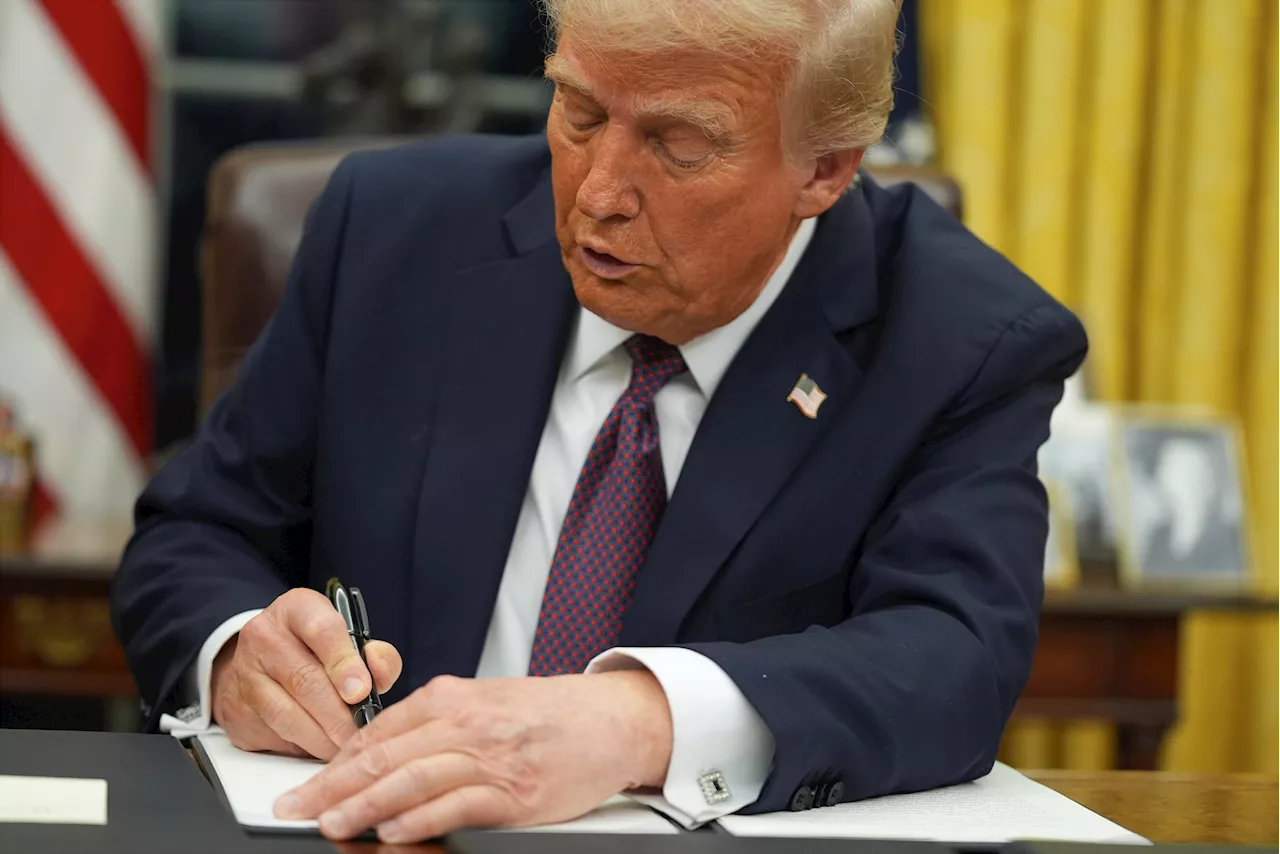A U.S. District Judge in Seattle doubts the constitutionality of President Trump's executive order redefining birthright citizenship. The judge's sharp questioning during the first hearing of a multi-state challenge highlights the controversial nature of the order.
A U.S. District Judge in Seattle has expressed serious doubts about the constitutionality of President Trump's executive order redefining birthright citizenship . Judge John Coughenour repeatedly interrupted a Justice Department lawyer during the first hearing in a multi-state case challenging the order, questioning how the administration could consider it constitutional.
When the attorney, Brett Shumate, requested a chance to fully explain the order, Judge Coughenour insisted that the hearing was the opportunity to do so. The judge called the order 'blatantly unconstitutional' and stated that in his over four decades on the bench, he couldn't recall a case where the challenged action was so clearly unconstitutional. This temporary restraining order, sought by Arizona, Illinois, Oregon, and Washington, is the first to get a hearing before a judge and applies nationally. It's part of a larger effort involving five lawsuits filed by 22 states and several immigrant rights groups across the country. These lawsuits include personal testimonies from attorneys general who are U.S. citizens by birthright and accounts from pregnant women fearing their children won't automatically become U.S. citizens under the new rule. Washington assistant attorney general Lane Polozola argued that the government's claim that children of undocumented parents aren't 'subject to the jurisdiction' of the United States is 'absurd,' pointing out that these children still face the decisions of immigration courts and must follow the law while in the country. He also emphasized the economic impact, stating the order would force states to spend millions revamping healthcare and benefits systems to consider citizenship status. The Trump administration, however, maintains that the states lack grounds to sue and that no damage has been done, thus temporary relief isn't necessary. They also clarified that the executive order only applies to those born after February 19th, when it's set to take effect. The lawsuit highlights the complex debate surrounding birthright citizenship, a principle rooted in the 'right of the soil,' applied in about 30 countries, mostly in the Americas. The 14th Amendment to the U.S. Constitution guarantees citizenship for those born and naturalized in the U.S., a stance upheld for a century. Trump's order, however, asserts that children of non-citizens aren't subject to U.S. jurisdiction and instructs federal agencies to not recognize citizenship for children without at least one citizen parent. This legal battle echoes a landmark 1898 Supreme Court case, Wong Kim Ark, which affirmed that a child born in the U.S. to Chinese immigrants was a U.S. citizen. But some argue that this case only applies to children of legal immigrants, leaving ambiguity regarding those born to undocumented parents. The lawsuits aim to prevent the implementation of the executive order, emphasizing its potential impact on hundreds of thousands of individuals born in the country.
Birthright Citizenship Executive Order Trump Administration Constitutionality Legal Challenge Immigration Law
United Kingdom Latest News, United Kingdom Headlines
Similar News:You can also read news stories similar to this one that we have collected from other news sources.
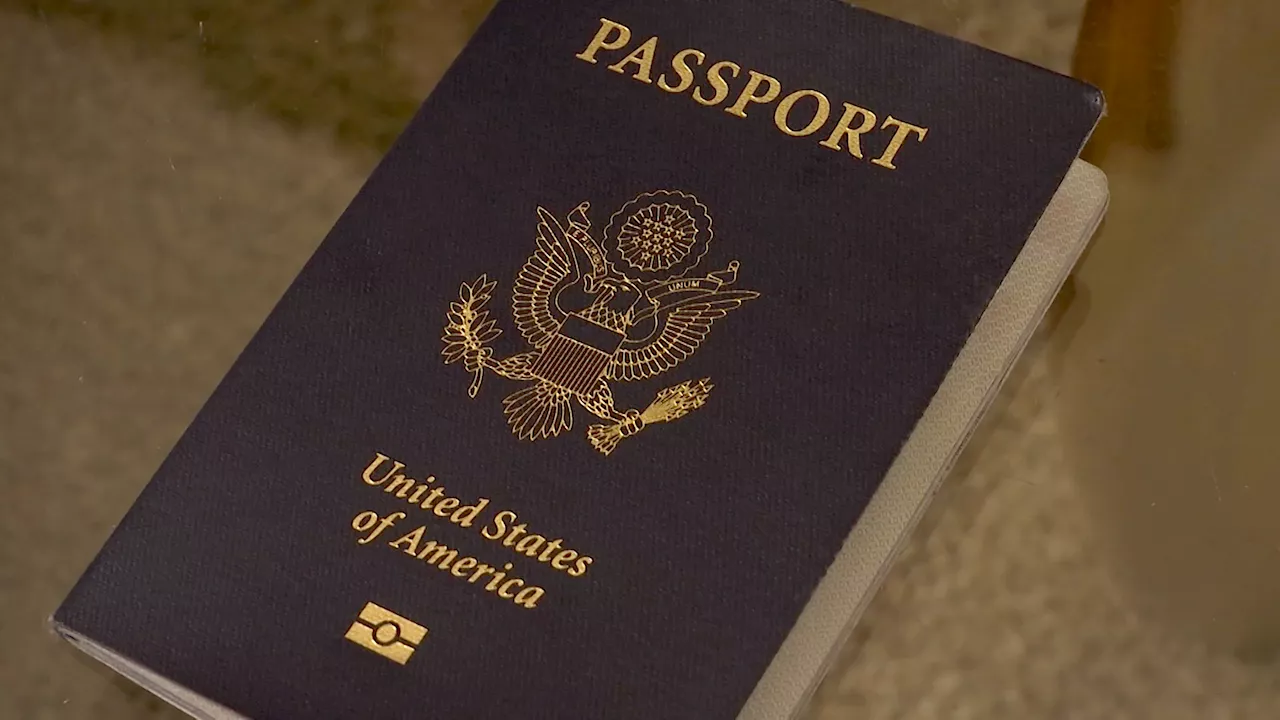 Local leaders, organizations quick to challenge Trump's birthright citizenship orderLawsuits challenging President Trump's executive order concerning birthright citizenship have been filed in Massachusetts and New Hampshire.
Local leaders, organizations quick to challenge Trump's birthright citizenship orderLawsuits challenging President Trump's executive order concerning birthright citizenship have been filed in Massachusetts and New Hampshire.
Read more »
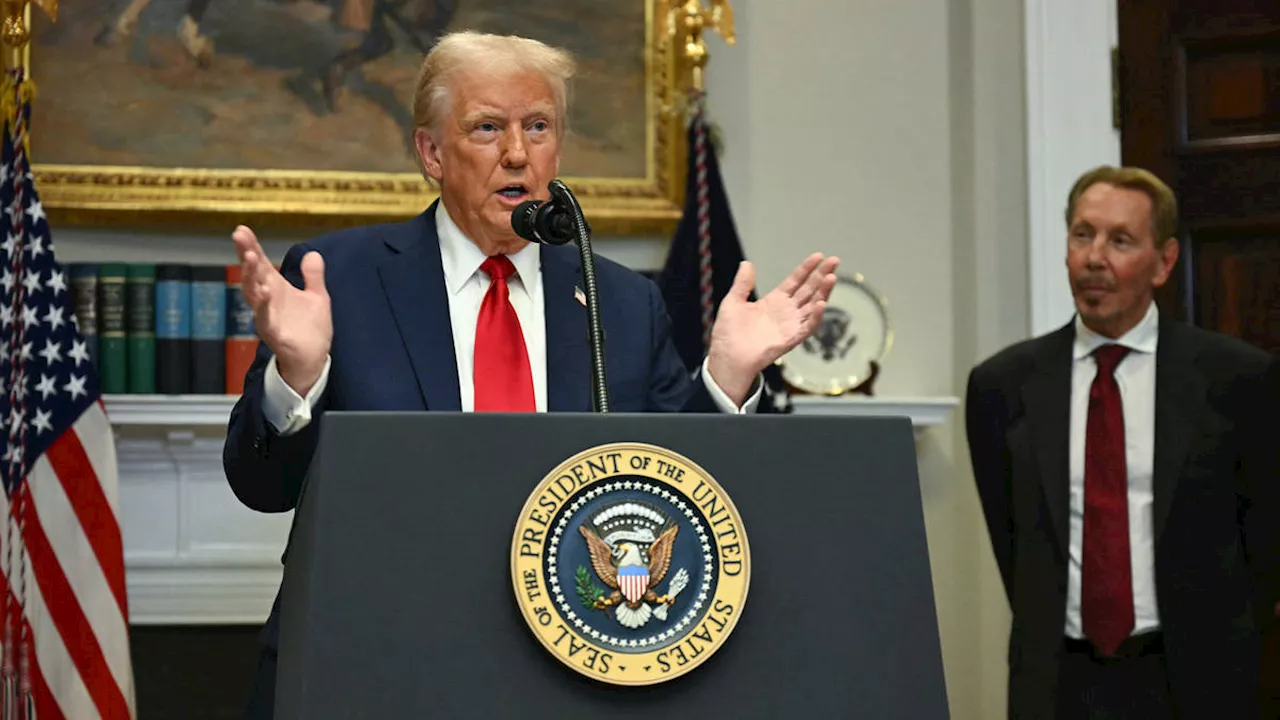 Pregnant women and rights groups sue Trump over ‘flagrantly illegal’ birthright citizenship executive orderTrump has been sued by pregnant women, attorneys general from 22 states, and civil rights groups over his ‘flagrantly unlawful’ order to end birthright citizenship.
Pregnant women and rights groups sue Trump over ‘flagrantly illegal’ birthright citizenship executive orderTrump has been sued by pregnant women, attorneys general from 22 states, and civil rights groups over his ‘flagrantly unlawful’ order to end birthright citizenship.
Read more »
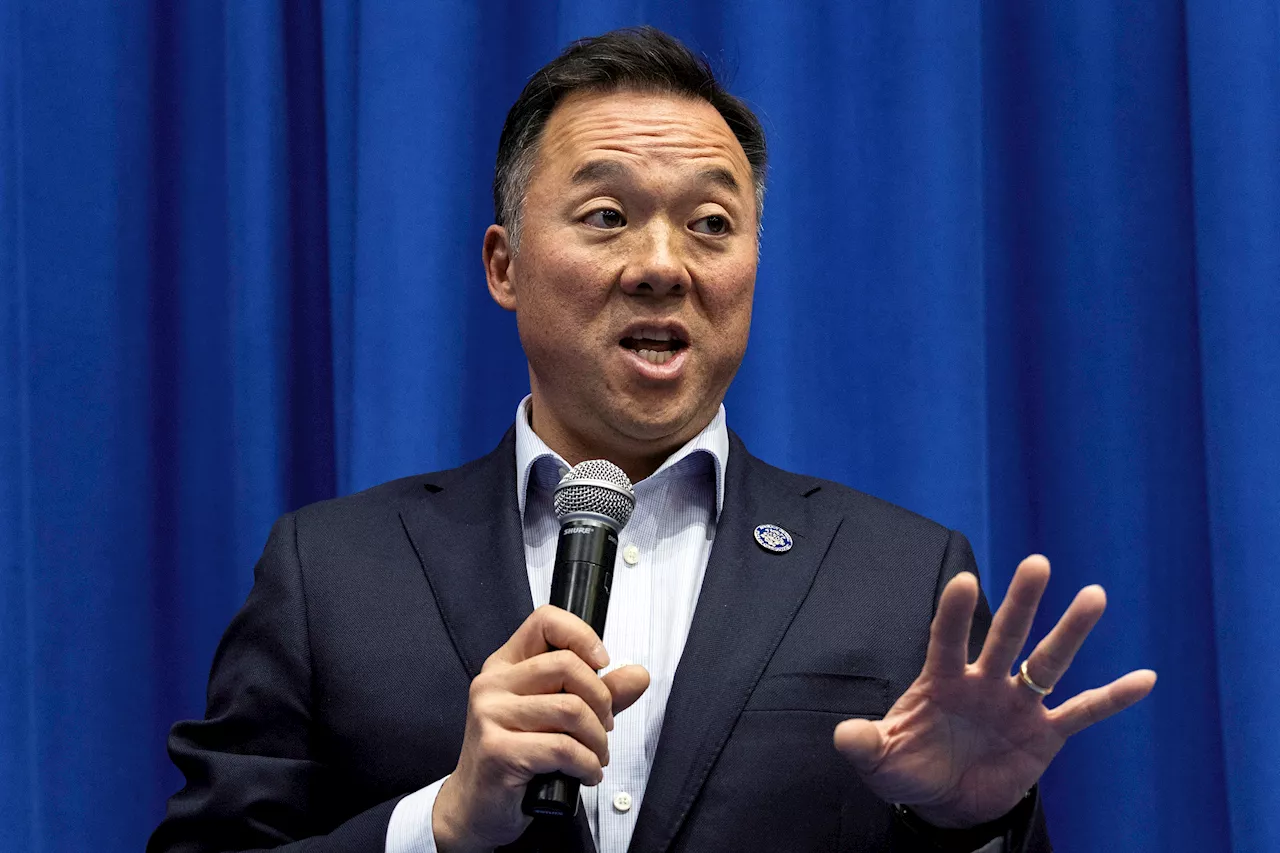 Democratic AGs Prepare to Sue Trump on Birthright Citizenship and MoreConnecticut Attorney General William Tong, the first Asian American elected to statewide office in Connecticut, is among 23 Democratic attorneys general likely to challenge the incoming Trump administration on various issues. Trump has vowed to end birthright citizenship on his first day in office, setting the stage for legal battles. Tong, who emigrated from China, emphasizes the American Dream as he anticipates fighting for rights on immigration, LGBTQ+ issues, environmental policy, and abortion, mirroring the resistance seen during Trump's first term.
Democratic AGs Prepare to Sue Trump on Birthright Citizenship and MoreConnecticut Attorney General William Tong, the first Asian American elected to statewide office in Connecticut, is among 23 Democratic attorneys general likely to challenge the incoming Trump administration on various issues. Trump has vowed to end birthright citizenship on his first day in office, setting the stage for legal battles. Tong, who emigrated from China, emphasizes the American Dream as he anticipates fighting for rights on immigration, LGBTQ+ issues, environmental policy, and abortion, mirroring the resistance seen during Trump's first term.
Read more »
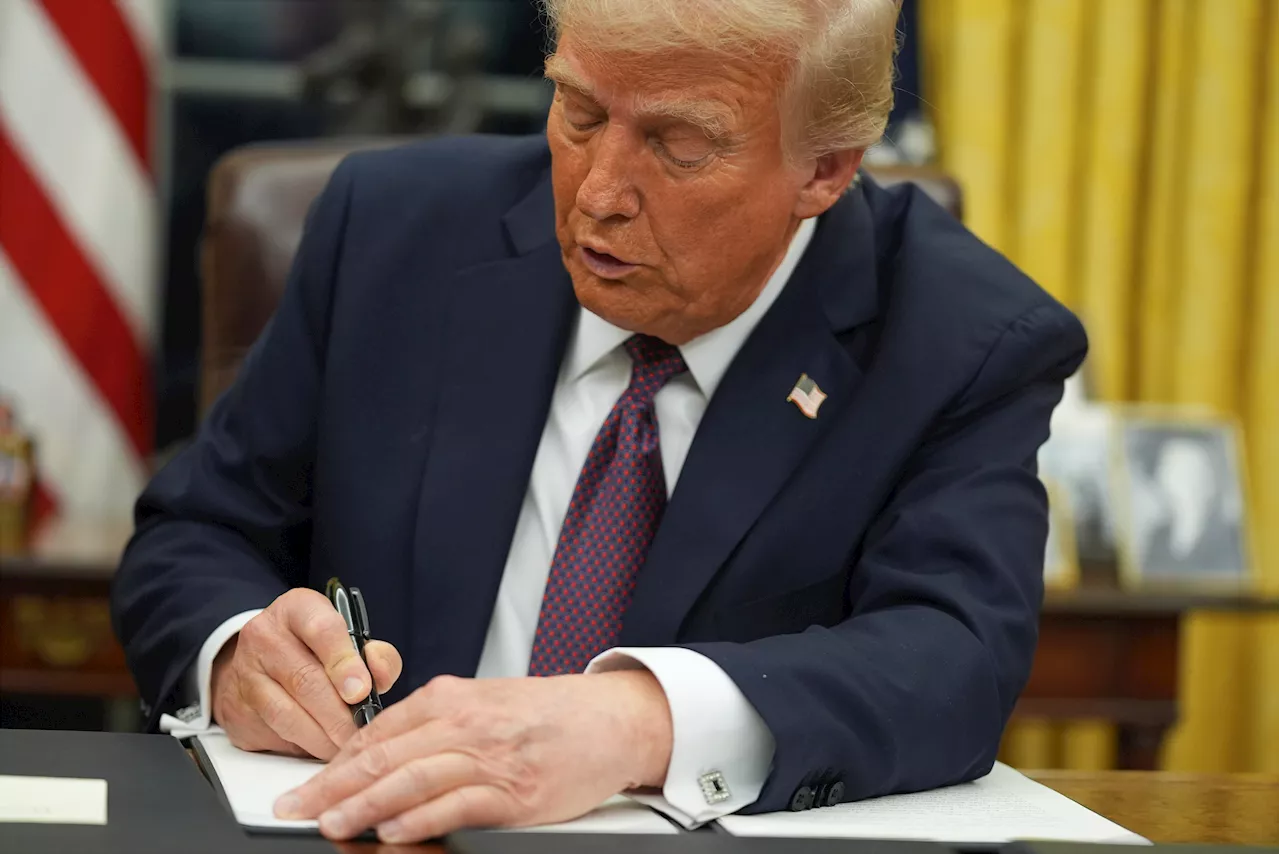 Democratic attorneys general sue as Trump seeks to end birthright citizenshipSome Democratic attorneys general filed a lawsuit to block President Donald Trump's attempt to revoke the right to automatic birthright citizenship.
Democratic attorneys general sue as Trump seeks to end birthright citizenshipSome Democratic attorneys general filed a lawsuit to block President Donald Trump's attempt to revoke the right to automatic birthright citizenship.
Read more »
 FactCheck: Trump’s birthright citizenship ban explainedIn order for Trump's executive order to be upheld, the US supreme court would have to overturn a century of legal precedent.
FactCheck: Trump’s birthright citizenship ban explainedIn order for Trump's executive order to be upheld, the US supreme court would have to overturn a century of legal precedent.
Read more »
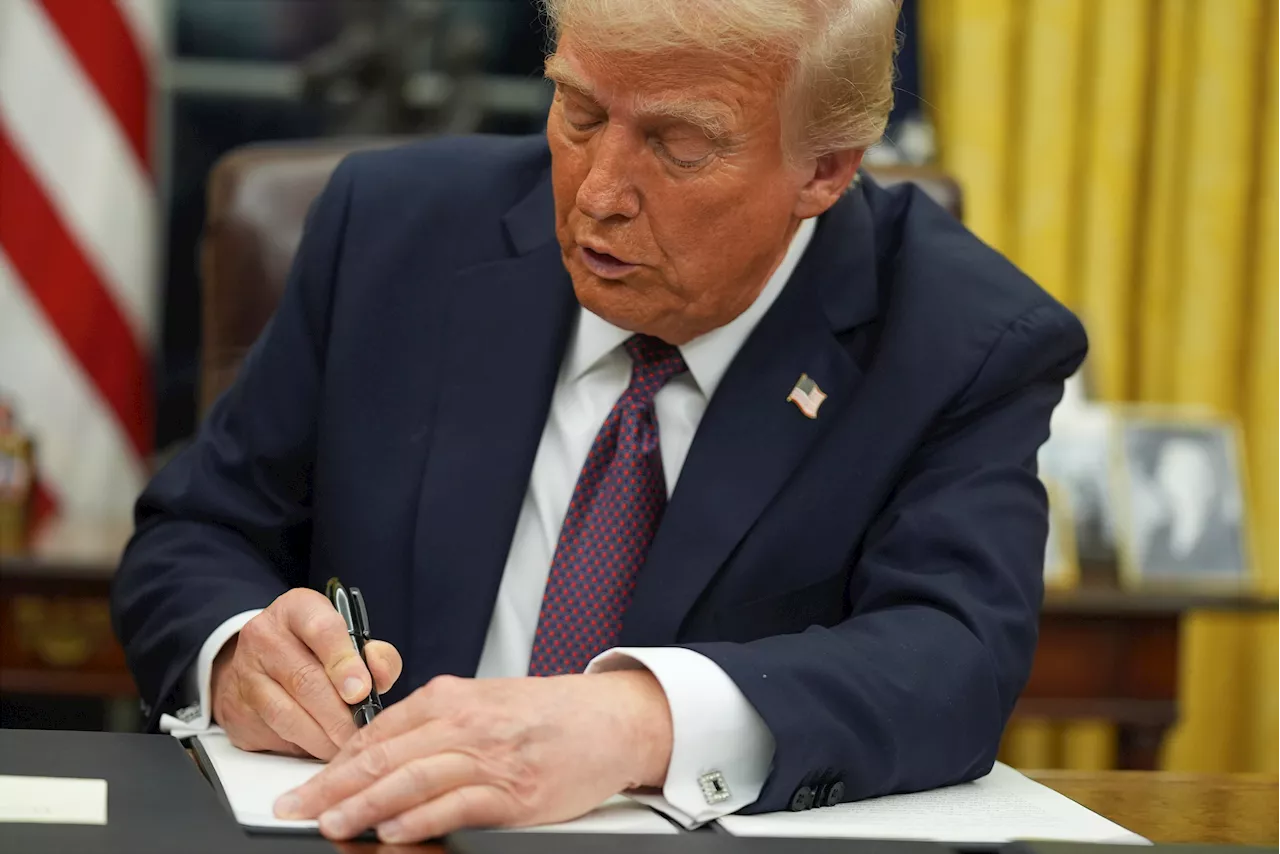 Lawsuits Challenge Trump's Proposal to Restrict Birthright CitizenshipMultiple lawsuits have been filed against President Trump's proposed rule that aims to redefine birthright citizenship, triggering a legal battle over the interpretation of the 14th Amendment.
Lawsuits Challenge Trump's Proposal to Restrict Birthright CitizenshipMultiple lawsuits have been filed against President Trump's proposed rule that aims to redefine birthright citizenship, triggering a legal battle over the interpretation of the 14th Amendment.
Read more »
